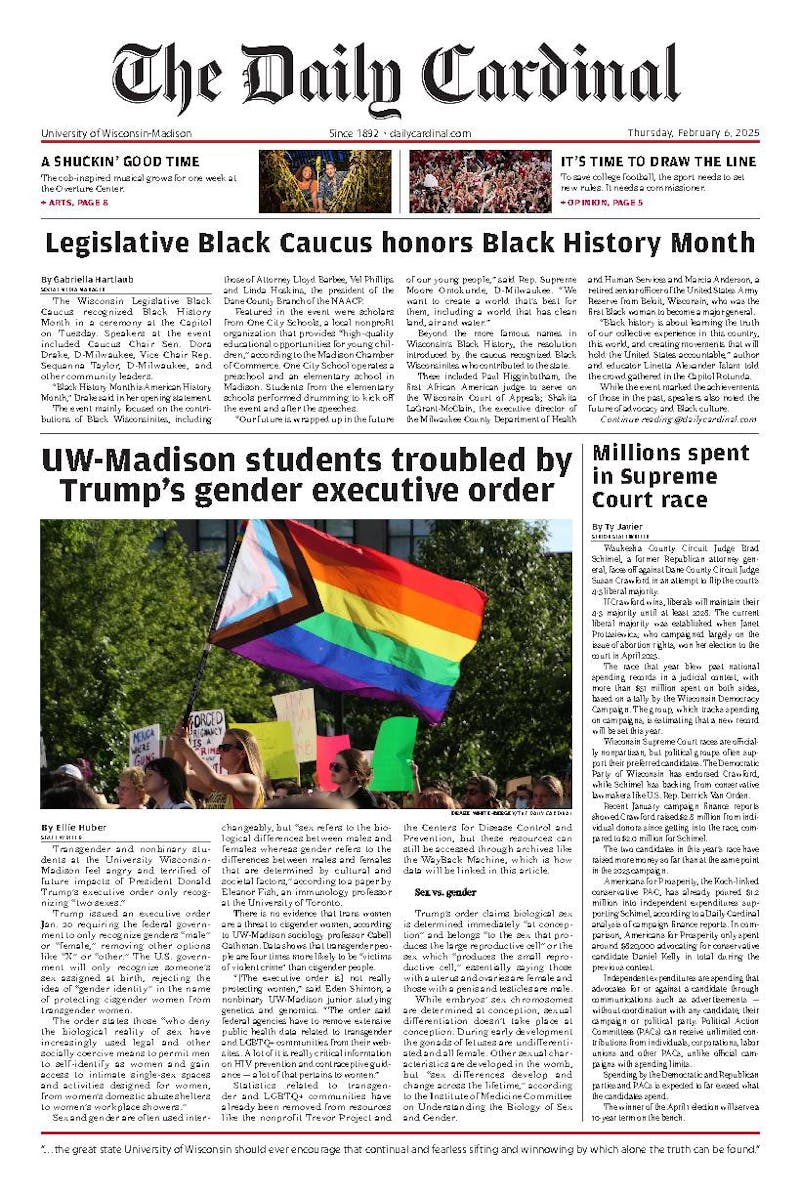With the innumerable catastrophes and life-altering news stories happening worldwide, it has been impossible not to see them blogged, tweeted, or posted on Facebook. These media sources have helped provide a significant portal for individuals to fight for their rights as well as a platform for celebrities to promote various charities.
Due to the high amount of people who flock to Twitter and other social networking sites, non-profit groups are becoming mainstream as more people follow and support them.
According to Josh Catone, Mashable Feature Editor, Facebook co-founder Chris Hughes found that more than 75,000 reports of the Haiti earthquake in January 2010 were streamed across news sources and ""the content was horrific, but ultimately galvanizing."" These news stories posted on Twitter and Facebook raised $1.3 billion, with people donating $31 million via text message.
This outreach method created new ways to use social networking in non-profit organizations. Hughes is currently developing a Facebook-like site, which will allow Internet users the ability to search for, follow and support organizations.
""We feel that it's imperative to make it easy for everyday people… to take action,"" Hughes said.
More recently, social media has been at the center of the devastation happening in Japan. Specifically with Twitter, celebrities and average users alike have been pushing for donations via the Red Cross.
Like many other Twitter users, Mark Hoppus tweeted ""horrible what's happening in Japan. You can text REDCROSS to 90999 to send $10 to relief efforts. Thoughts and prayers.""
It is clear that social networks have played a large role in relief efforts and celebrities on the Internet have taken even bigger steps with the endorsement of non-profit organizations. Alicia Keys, who started the nonprofit Keep A Child Alive, promotes AIDS awareness and suggests celebrities give up social media for a day to improve fundraising for this cause. Several celebrities have agreed to raise $1 million for HIV and AIDS research during this day of absence.
Without social networks, it would be impossible for celebrities to fight for campaigns they are fervently involved with. For example, twitchange.com, a site for celebrities to hold auctions for personal phone calls or to be followed on Twitter, has raised thousands of dollars for charities. Celebrities auction themselves, offering a re-Tweet, follow or ""@"" mention to those who give money. All the money is donated to a charity of the celebrity's choice, such as A Home In Haiti and Operation Once in a Lifetime.
This auction site helps further these great causes by accepting support from celebrities and fans alike, while celebrities get to give back to those fans who adore and follow them.
Eva Longoria was the spokesperson for the first auction and all of her proceeds went to A Home In Haiti, which is a non-profit organization that provides safe shelters for those who lost their homes in the Haiti earthquake. Troy Polamalu quickly joined the fight, donating his proceeds to Operation Once in a Lifetime, which helps to make the dreams of military personnel and their families come true.
Twit Change's newest campaign teams up with CARE, which is set up to help poor 12-year-old girls across the globe to escape poverty by becoming educated instead of getting married by age 14.
Without public media outlets such as Twitter and Facebook, there would be less awareness of important causes that urgently need donations. Social networking has created a platform where people feel comfortable promoting the causes that are dear to their hearts to increase public awareness.
The popularity and format of Twitter makes it a perfect place for celebrities to flaunt their favorite charity without much effort—140 keystrokes max.
With the busy lives of celebrities, Twitter is an easy money-giving platform where celebrities can entice followers to donate and help organizations without having to be part of a photo shoot or advertising campaign.
Some other non-profit organizations have caught onto the Twitter phenomenon and have begun to create their own verified accounts to help spread their causes. Some of these include the NOH8 campaign, Save the Children and the JoinRed to fight AIDS. These organizations have enjoyed unparalleled success from social networks like Twitter and Facebook.
Today people question the validity of social networking, suggesting that it is a waste of time and asking what one could possibly gain from constantly following a celebrity. The use of these networks for non-profit and charity purposes makes up for any negative publicity they've received. Without Twitter, several great causes would fall by the wayside and become endeavors of the past. With Twitter and other social networking media growing, non-profit organizations prepare for a future of increased donations and awareness as more people step up to end disease, hunger, poverty and disaster.
Brittany Schmidt is a senior majoring in theatre and drama. Please send all feedback to opinion@dailycardinal.com.






